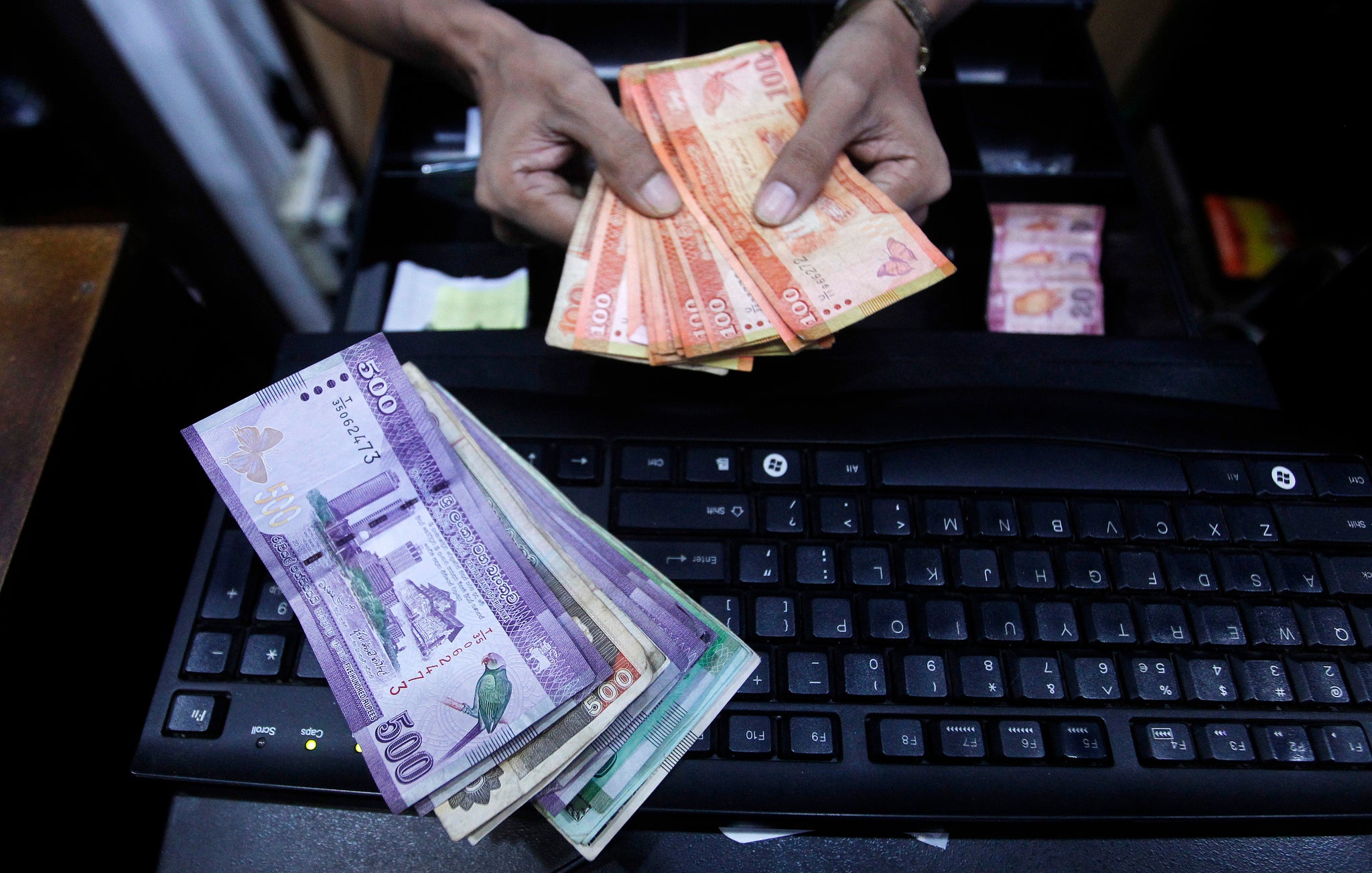'Operation Onymous': dark net raided by US and Europol as law enforcement use unknown methods to crack illegal drug trade online
It's a major blow against criminals using Tor - but security experts don't know how law enforcement agencies cracked the once-anonymous network

Your support helps us to tell the story
From reproductive rights to climate change to Big Tech, The Independent is on the ground when the story is developing. Whether it's investigating the financials of Elon Musk's pro-Trump PAC or producing our latest documentary, 'The A Word', which shines a light on the American women fighting for reproductive rights, we know how important it is to parse out the facts from the messaging.
At such a critical moment in US history, we need reporters on the ground. Your donation allows us to keep sending journalists to speak to both sides of the story.
The Independent is trusted by Americans across the entire political spectrum. And unlike many other quality news outlets, we choose not to lock Americans out of our reporting and analysis with paywalls. We believe quality journalism should be available to everyone, paid for by those who can afford it.
Your support makes all the difference.A massive cybercrime operation carried out by Europol and US law enforcement has shut down hundreds of illegal sites operating on the anonymous Tor network.
Reports yesterday suggested that the main target was the site Silk Road 2.0 - the successor to the notorious ‘eBay for Drugs’ which was shut down last October - but new details have revealed the scope of the sting.
‘Operation Onymous’ (a not-so subtle dig at the hackers and cyber-criminals running the sites: ‘onymous’ means ‘named’) is believed to be one of the largest ever targeted at the ‘dark net’ with 414 sites shut down, 17 individuals arrested (including six in the UK) and millions of dollars’ worth of bitcoins and drugs seized.
The sites were operating using the Tor network, a technology that allows users to hide their activities online by bouncing their connections around multiple relays.
It was originally developed by the US Navy to secure military communications and is used legitimately by journalists and activists – especially in countries were online activity is heavily monitored like China and Iran.
However, it’s also home to a number of illegal market places for drugs, weaponry, child abuse material and money laundering.
‘Operation Onymous’ suggests that Tor and the dark net is no longer the safe haven for criminals that it was once thought to be, although the small ratio of arrests to sites close suggest that whatever methods law enforcement are using to track down criminals, they’re still not as effective as those used to police the regular web.
"Today we have demonstrated that, together, we are able to efficiently remove vital criminal infrastructures that are supporting serious organised crime," said Troels Oerting, head of Europol's European cybercrime centre.
He continued: "And we are not 'just' removing these services from the open internet; this time we have also hit services on the dark net using Tor where, for a long time, criminals have considered themselves beyond reach.”
Join our commenting forum
Join thought-provoking conversations, follow other Independent readers and see their replies
Comments